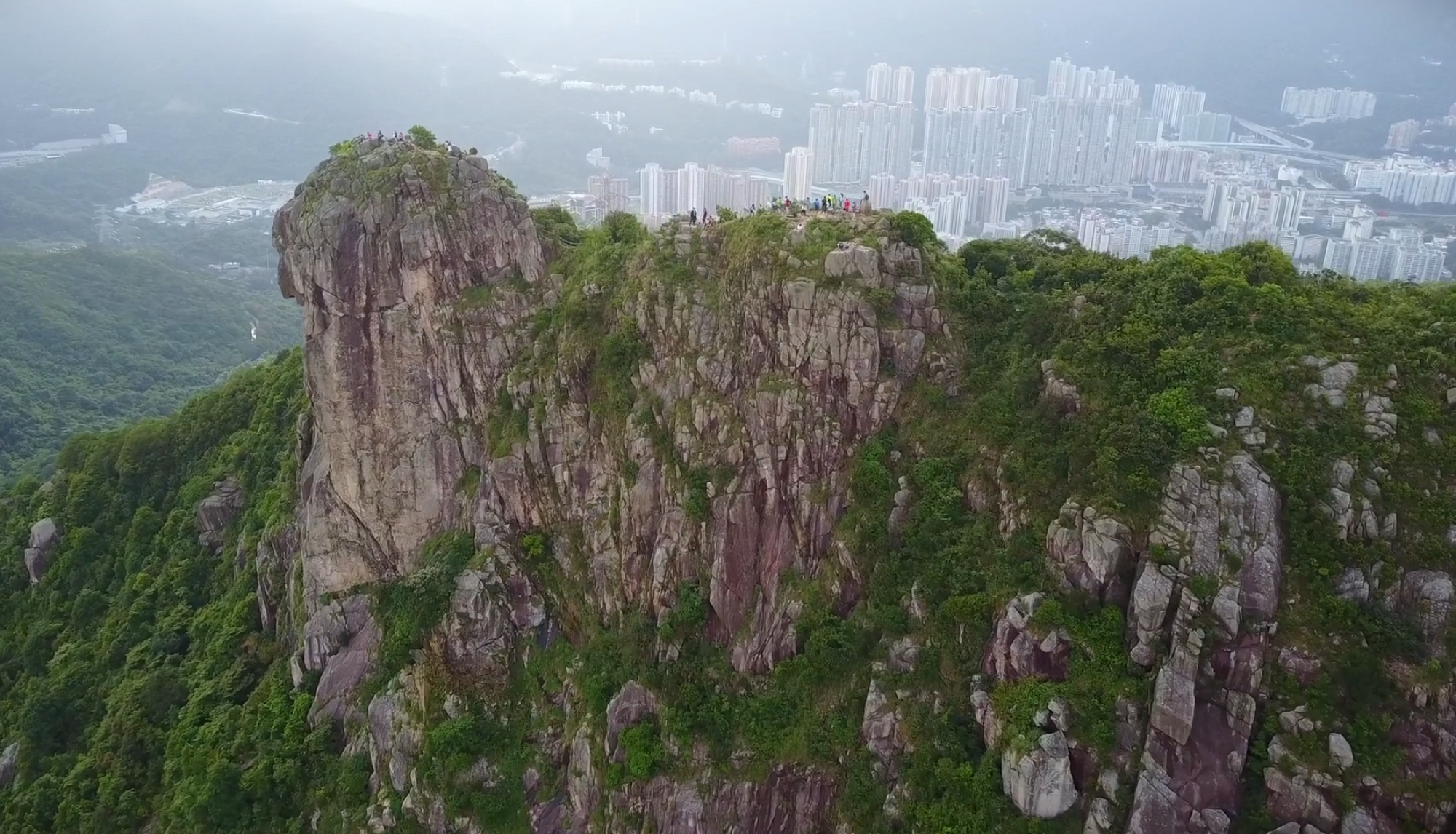“Proud of you girly. Cantonese is hard!”
Creator:
Deborah Wong (She/her)
Anyone who learns Cantonese as an adult will tell you how difficult it Cantonese is to learn. Just figuring out the different tones is enough to confuse even the most motivated of learners. This can get even more frustrating for heritage diasporic learners because they may feel the pressure to learn it, some shame in not knowing it, and numerous other feelings. Traditionally, learners have had to learn Cantonese either formally through classes (which have historically been difficult to come by due to the lack of offerings), or informally through friends and family. As Deborah details in this piece, TikTok has emerged as a key platform to provide relatable resources to help diasporic individuals learn and improve on Cantonese, replete with a comments section that, for better or for worse, connects millions of users together. In what ways do you think TikTok content differs from other types of content to help learners pick up Cantonese?
